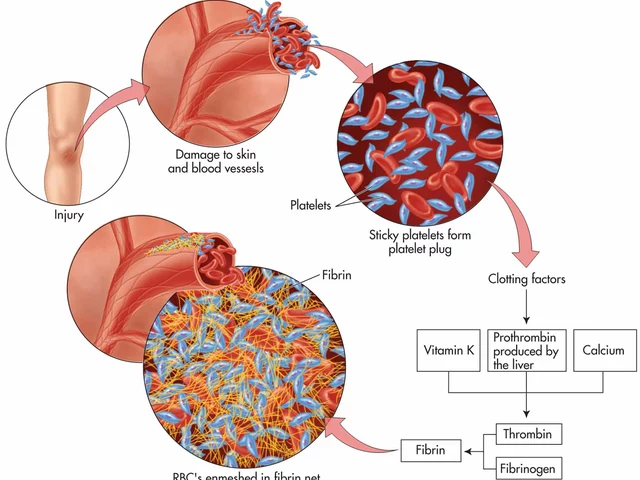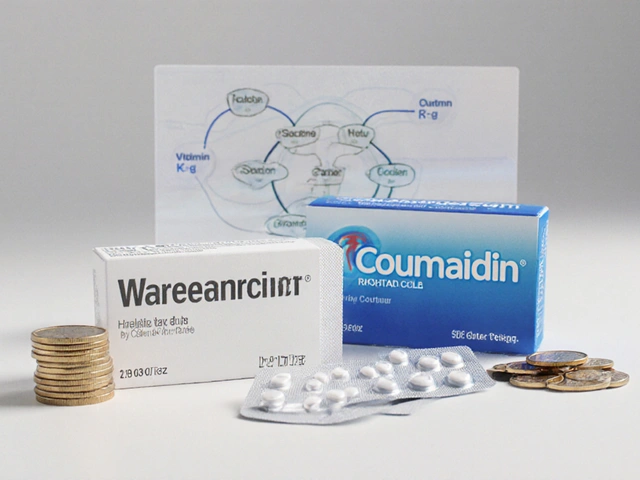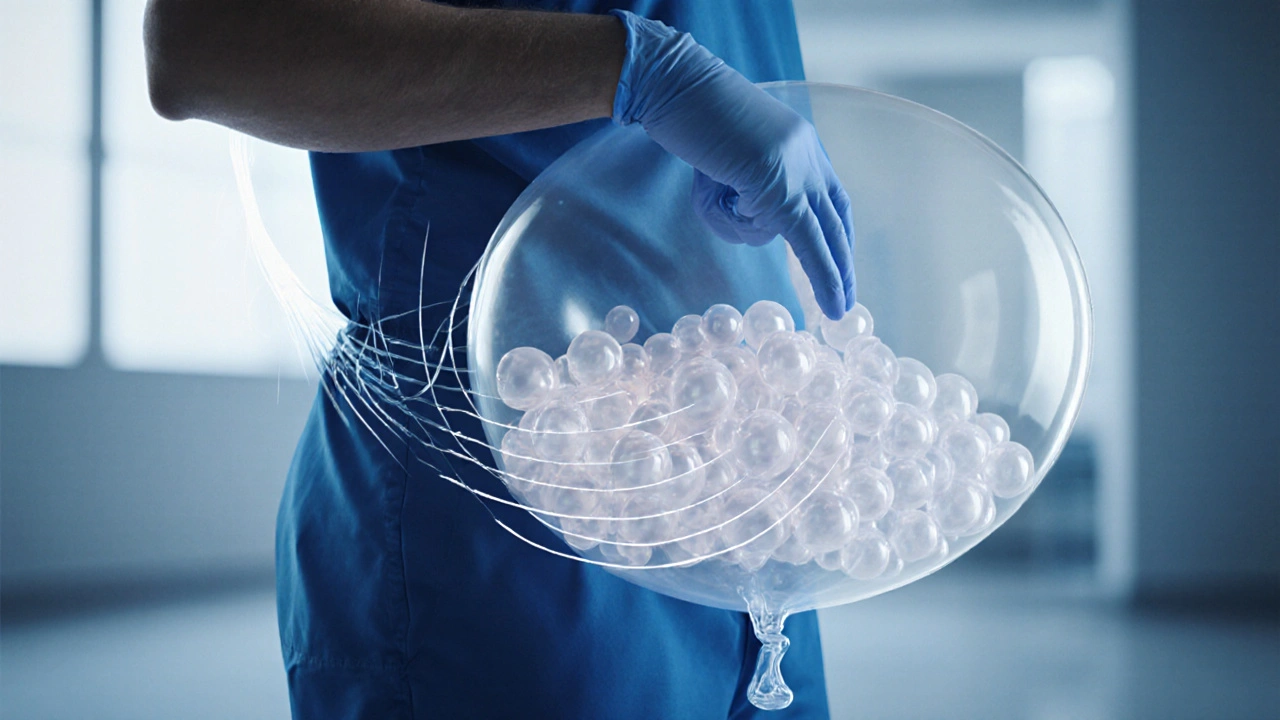Abdominal Bloating – Causes, Symptoms, and Relief Strategies
When dealing with abdominal bloating, a feeling of fullness, tightness, or visible swelling in the stomach area caused by excess gas or fluid. Also known as gas buildup, it often signals an underlying digestive issue. Most people blame a spicy meal or a night of soda, but the reality is richer. Your gut is a complex ecosystem, and small changes in it can trigger big sensations. Below we break down the main players that drive that uncomfortable puffiness.
Key Factors Behind Abdominal Bloating
One of the first culprits is dietary fiber, the plant‑derived carbs that add bulk to stool and help move waste through the intestines. Fiber is a double‑edged sword: the right amount keeps digestion smooth, but too much, especially from beans or whole grains, can ferment in the colon and release extra gas. Balancing soluble and insoluble sources is essential for preventing that balloon‑like feeling.
Another common trigger is lactose intolerance, the inability to fully break down the sugar found in milk and dairy products. When lactase enzymes are lacking, lactose stays in the gut, drawing water in and feeding bacteria that produce gas. Even a small splash of cream in coffee can set off a chain reaction that ends with a visibly distended belly.
Beyond food, the condition small intestinal bacterial overgrowth (SIBO), an excess of bacteria in the upper small intestine that normally belongs in the colon can cause chronic bloating. These bacteria ferment carbs before they’re fully absorbed, creating hydrogen or methane gas that traps air in the abdomen. Symptoms often overlap with irritable bowel syndrome (IBS), making diagnosis tricky without a breath test.
Finally, many turn to probiotics, live microorganisms that, when taken in adequate amounts, confer a health benefit on the host as a quick fix. While certain strains can rebalance gut flora and reduce gas, not all probiotics are equal. Selecting a product with scientifically backed strains—like Bifidobacterium infantis for IBS‑related bloating—makes a noticeable difference.
Understanding these entities helps you spot the real cause of your discomfort. For example, if you notice bloating after a cheese platter, lactose intolerance is likely the driver. If the issue persists despite dairy elimination, you might be looking at SIBO or an imbalance that probiotics could address.
Practical steps flow naturally from this knowledge. Start by logging meals for a week to match foods with bloating episodes. Cut back on high‑fiber foods that you’re not used to, then re‑introduce them slowly while monitoring gas levels. Test for lactose intolerance with a simple at‑home kit or by going dairy‑free for a couple of weeks. If symptoms linger, talk to a healthcare provider about a breath test for SIBO.
When you’ve identified the trigger, treatment becomes straightforward. Low‑FODMAP diets limit fermentable carbs that feed gas‑producing bacteria. Enzyme supplements—like lactase tablets—help digest dairy on the spot. Targeted antibiotics or herbal antimicrobials can reduce bacterial overgrowth, but they should only be used under medical supervision. Meanwhile, a well‑chosen probiotic can restore balance and keep bloating at bay.All of these approaches echo the articles you’ll find in the collection below. Whether you’re curious about vitamin deficiencies that show up in skin and nails, looking for safe ways to buy generic medications, or seeking a step‑by‑step guide to managing gut‑related discomfort, this tag brings together practical, up‑to‑date information. Dive in to discover tailored advice, product comparisons, and actionable tips that can help you beat abdominal bloating for good.
Tympanites Explained: Causes, Symptoms & Treatment
Learn what tympanites is, how it differs from ascites, its causes, symptoms, diagnosis, treatment options, and prevention tips in clear, practical language.
About
Health Conditions
Latest Posts


Natural Disasters and Drug Shortages: How Climate Change Is Cutting Off Life-Saving Medicines
By Marcel Kornblum Feb 20, 2026

Emergency Use of Sub-Potent Expired Medications: When It’s Safe and When It’s Not
By Marcel Kornblum Jan 19, 2026

How Formulation Patents on Drug Combinations Extend Pharmaceutical Exclusivity
By Marcel Kornblum Jan 29, 2026

